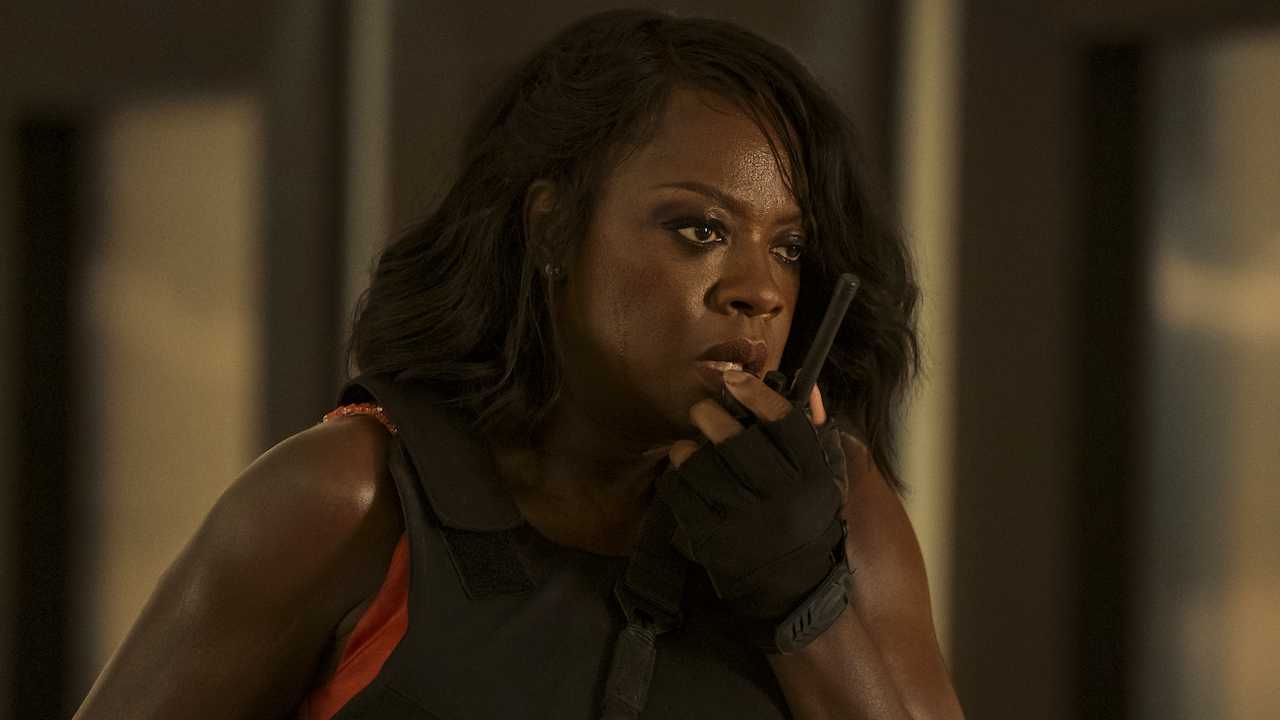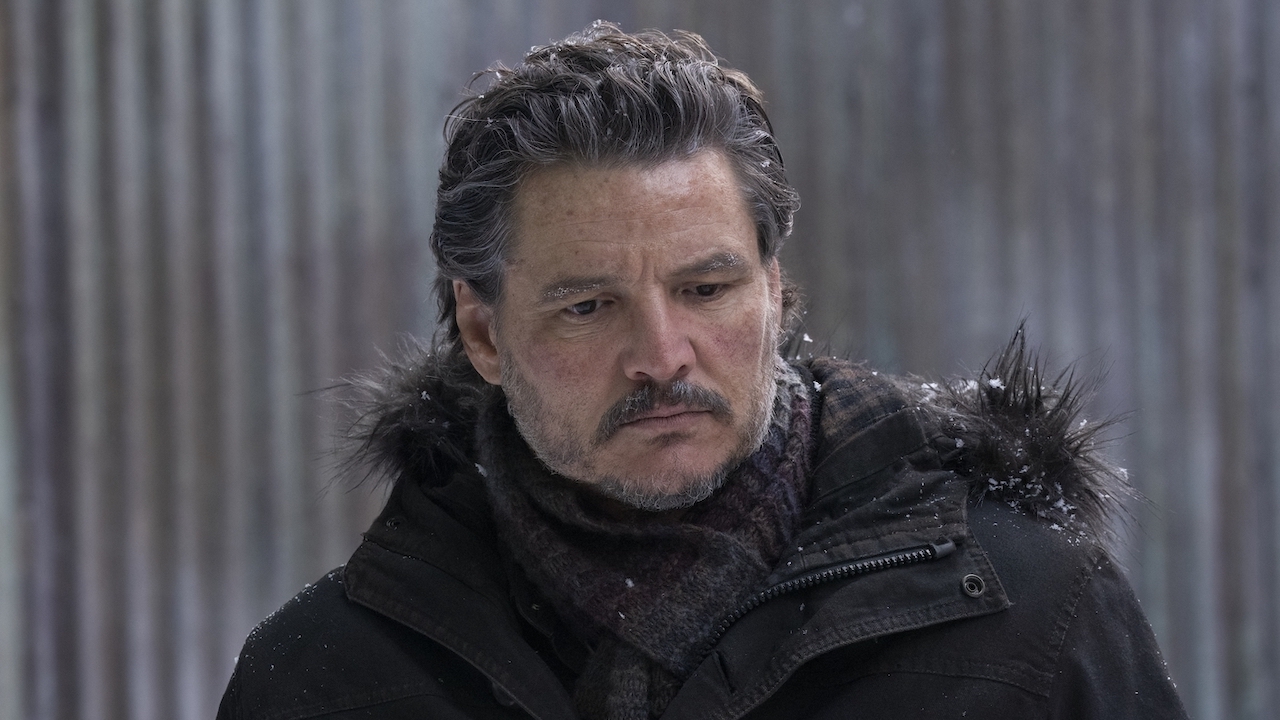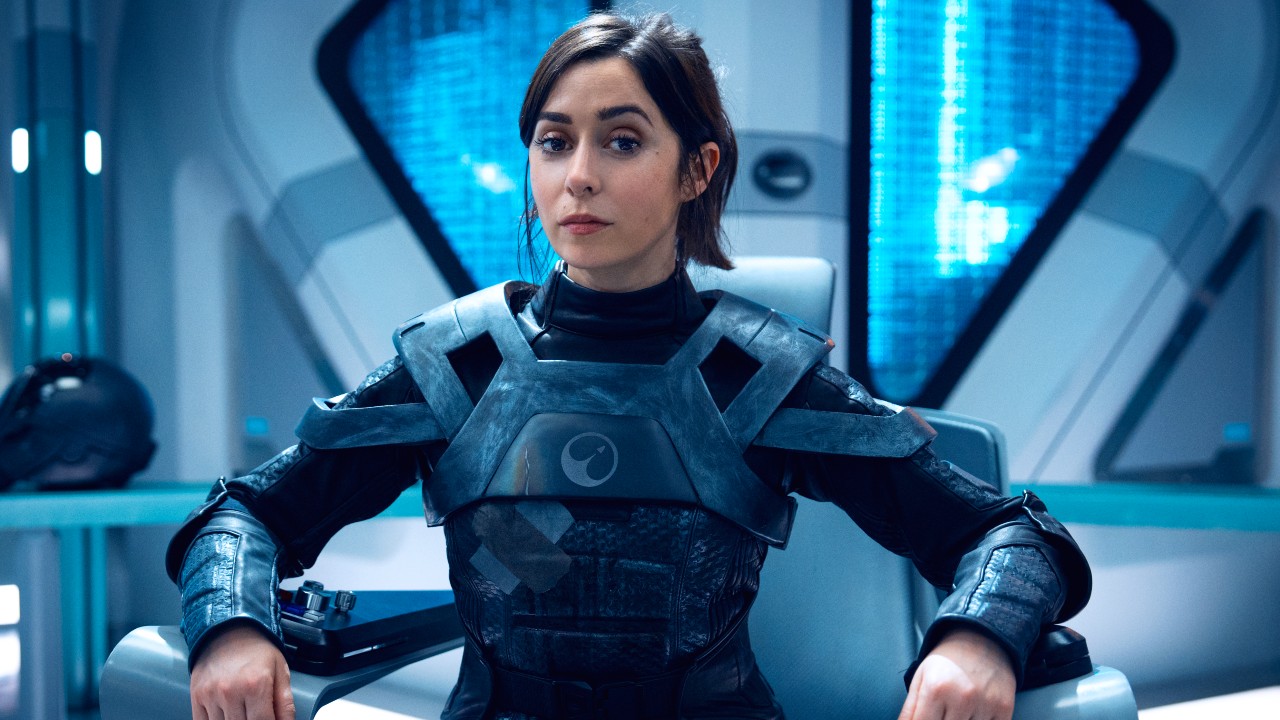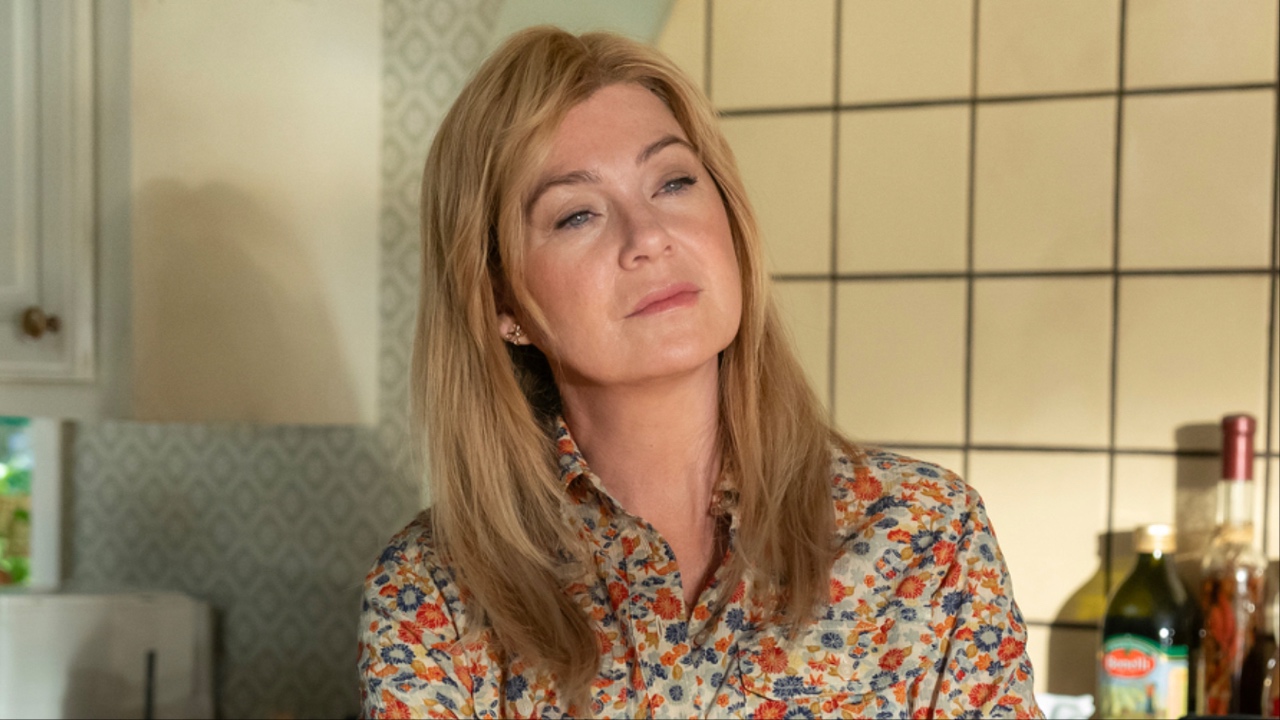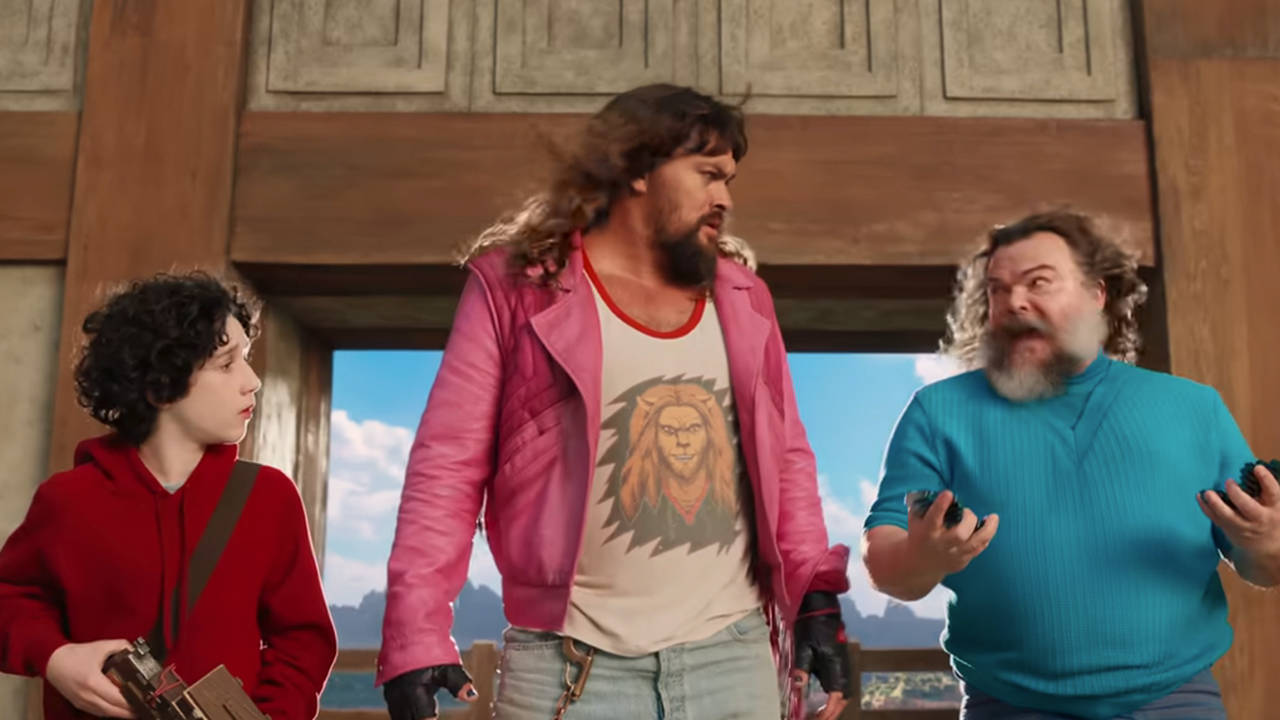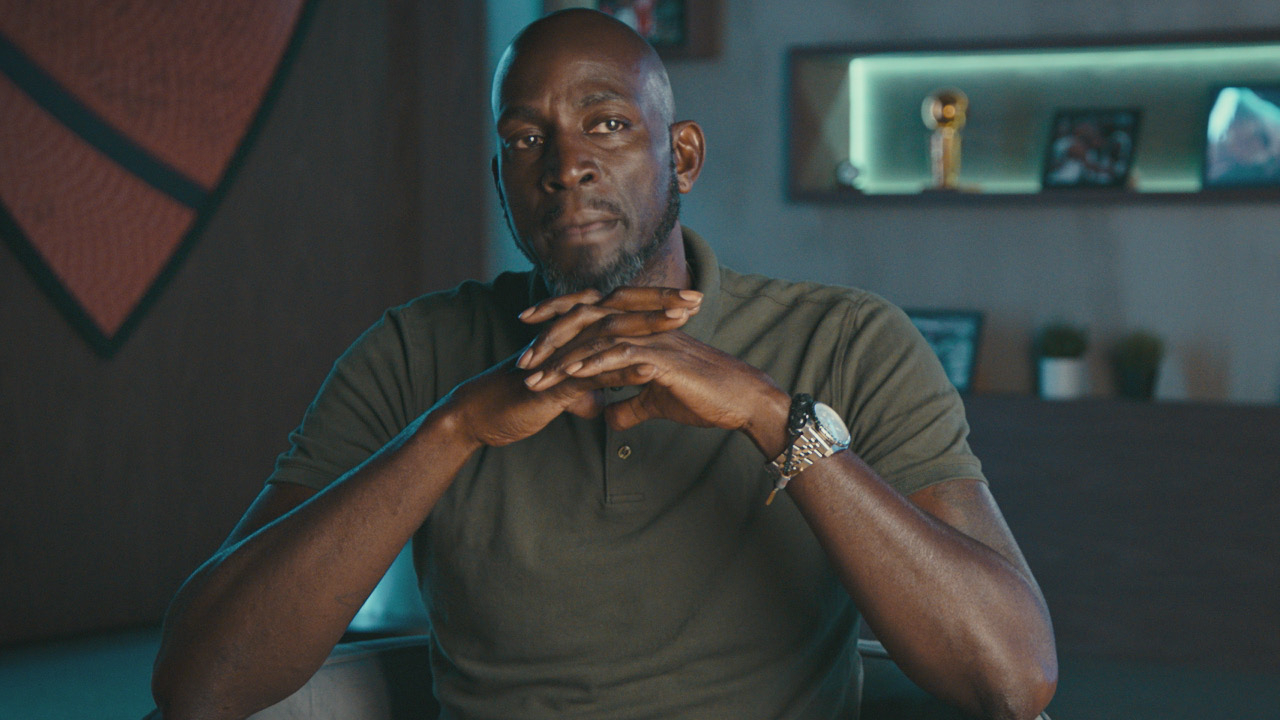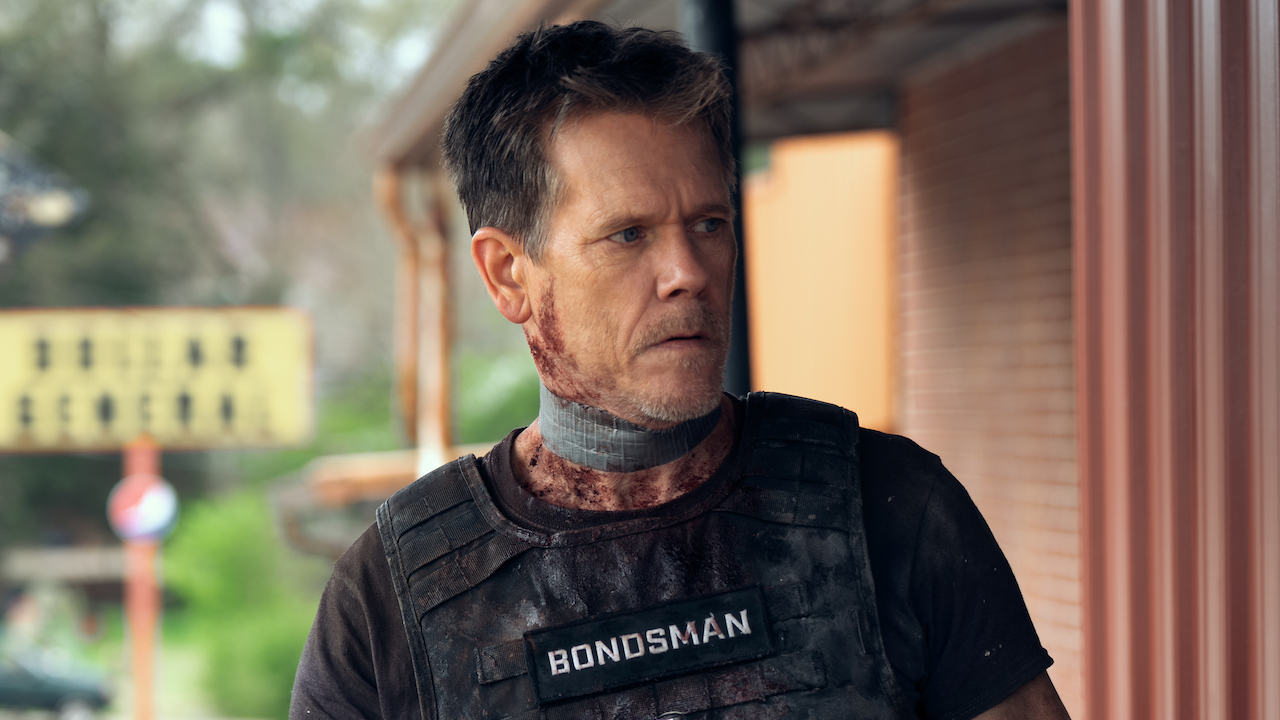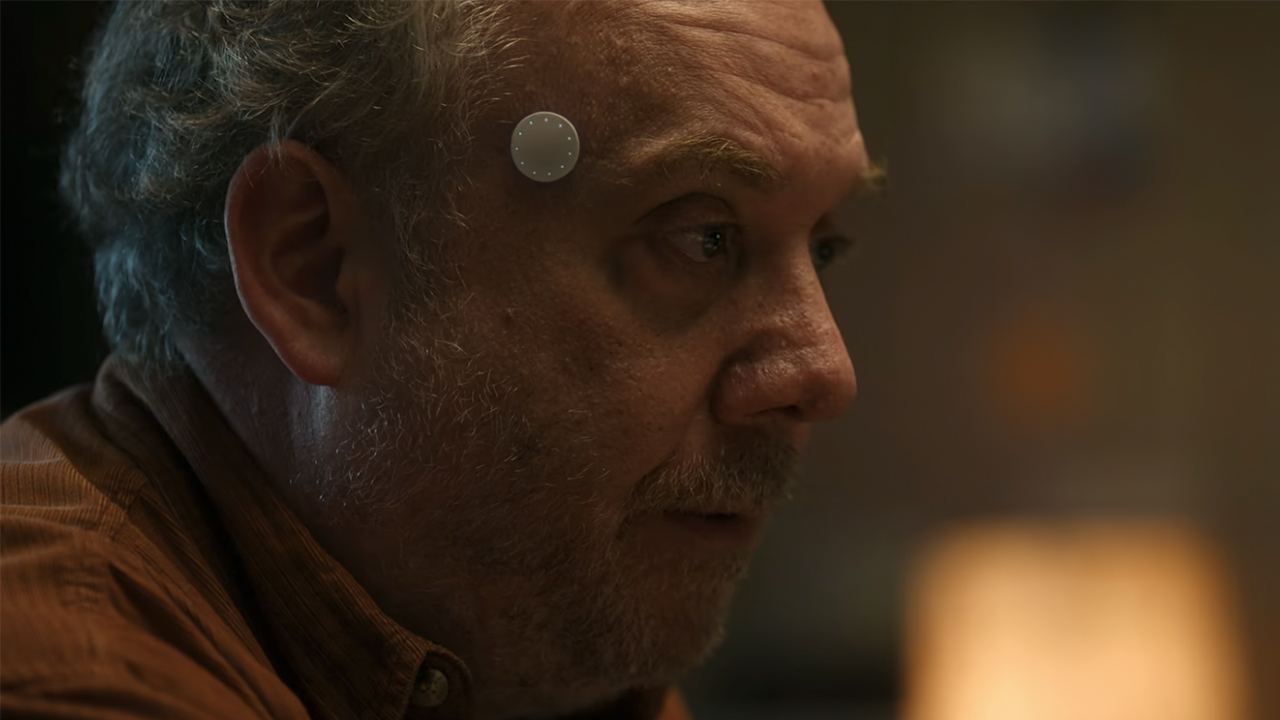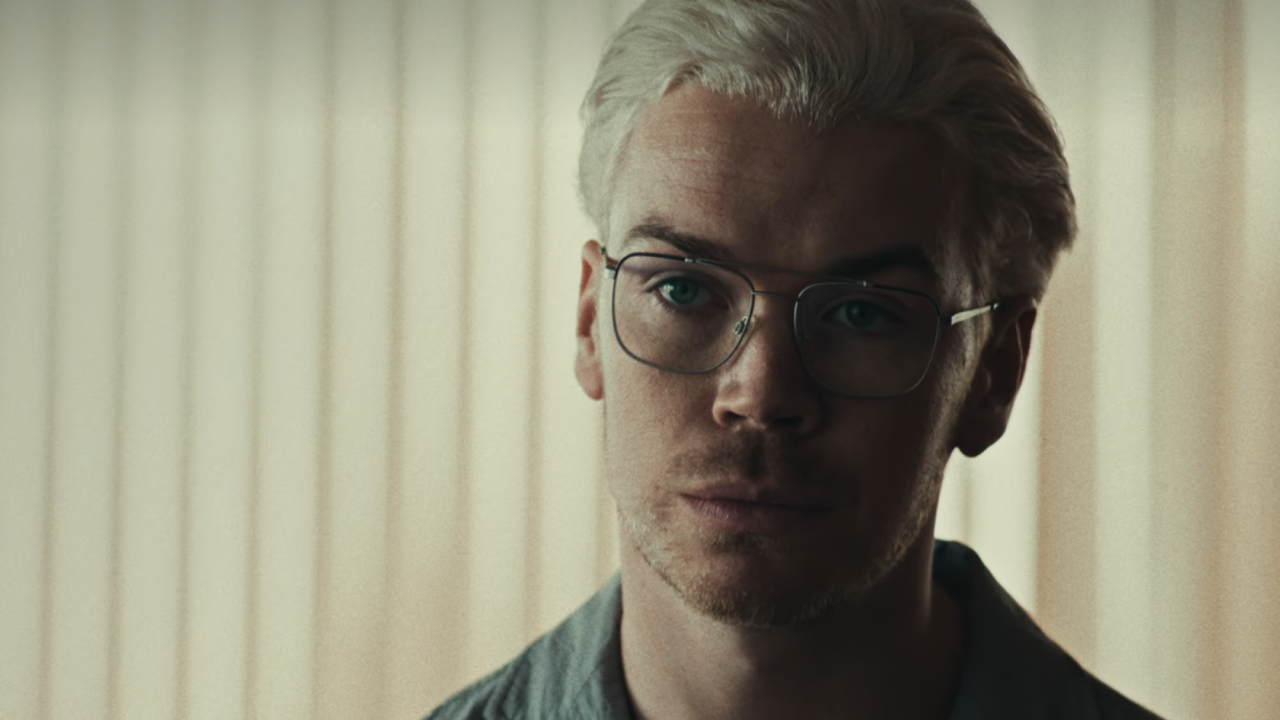Emergency Ending Explained: Sean And Kunle's Decisions, That Final Look, And More
This cannot end well.
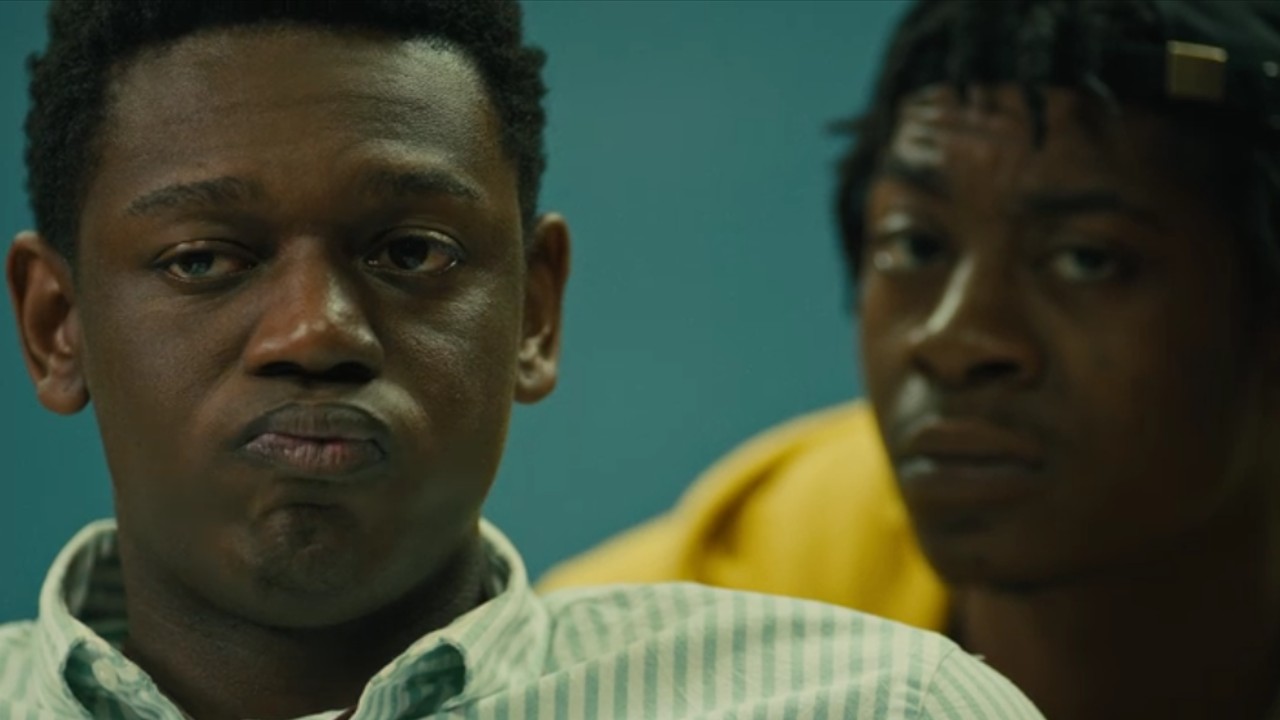
Emergency starts off like many other college movies: Two young men plan to complete a college party run. However, the film almost immediately shifts tone when they enter the classroom and the discussion is about the n-word. They’re two of the few Black students and all eyes are on them. Emergency starts strong to prepare you for the thought-provoking Emergency ending.
Emergency is one of the best movies on Amazon Prime. It’s a haunting comedy that many viewers may connect with because they can understand the decisions that Kunle (Donald Elise Watkins) and Sean (RJ Cyler) must make just to survive. The Emergency ending is one that forces viewers to reevaluate their own prejudices, privileges, and choices.
Warning: Spoilers ahead for Emergency. Proceed with caution.
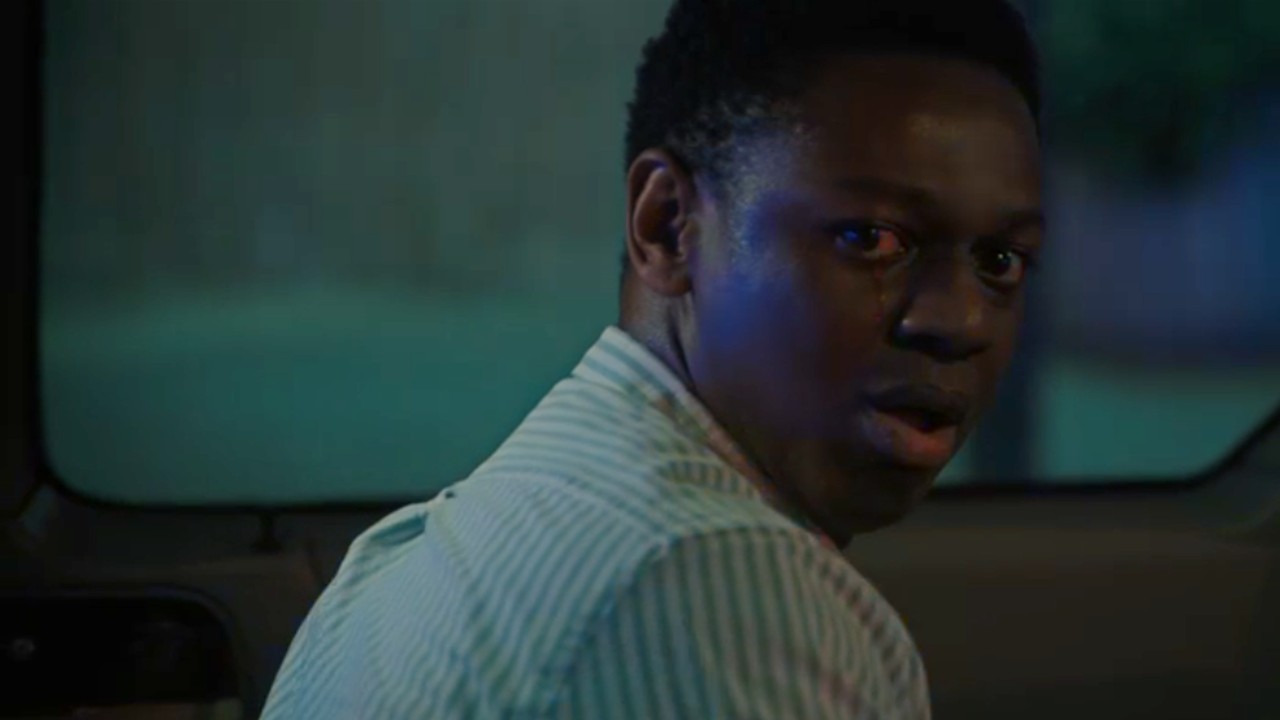
What Happened At The End Of Emergency
Sean, Kunle, and Carlos (Sebastian Chacon) make their final decisions about whether to assist Maddy (Sabrina Carpenter), Emma (Maddie Nichols), Alice (Madison Thompson), and Rafael (Diego Abraham) as they try to make it to the hospital. Sean decides to go to the blackout party, but the others decide to stay and help.
A major car chase ensues between the college students and the police, all while Kunle tries to save Emma with CPR. By the time they arrive at the hospital, the police point a gun at Kunle and treat him like a criminal. Eventually, Kunle and Carlos finally make it back to the lab to check on Kunle’s cultures. Sean is already there.
He apologizes for leaving them and his behavior. Kunle breaks down and tells Sean that he was right as he explains what happened. Some time passes and Kunle, Carlos, Rafael, Sean, Kunle’s crush, Bianca (Gillian Rabin), and a few others attend a party at the guy’s apartment.
Emma and Maddy knock on the door to talk to Kunle and Carlos about what happened. Emma thanks them for saving her life, and Maddy tries to read an apology letter but Kunle closes the door on her.
CINEMABLEND NEWSLETTER
Your Daily Blend of Entertainment News
Later, a scene shows Kunle playing Jenga with his friends. He hears a police siren and his face shifts from joy to horror.
There is also a bonus scene during the credits of Kunle and Sean sneaking a photo of Carlos and themselves into the Hall of the Firsts that’s captioned: "Sean, Kunle, and Carlos: First men to sneak themselves into the hall of firsts."
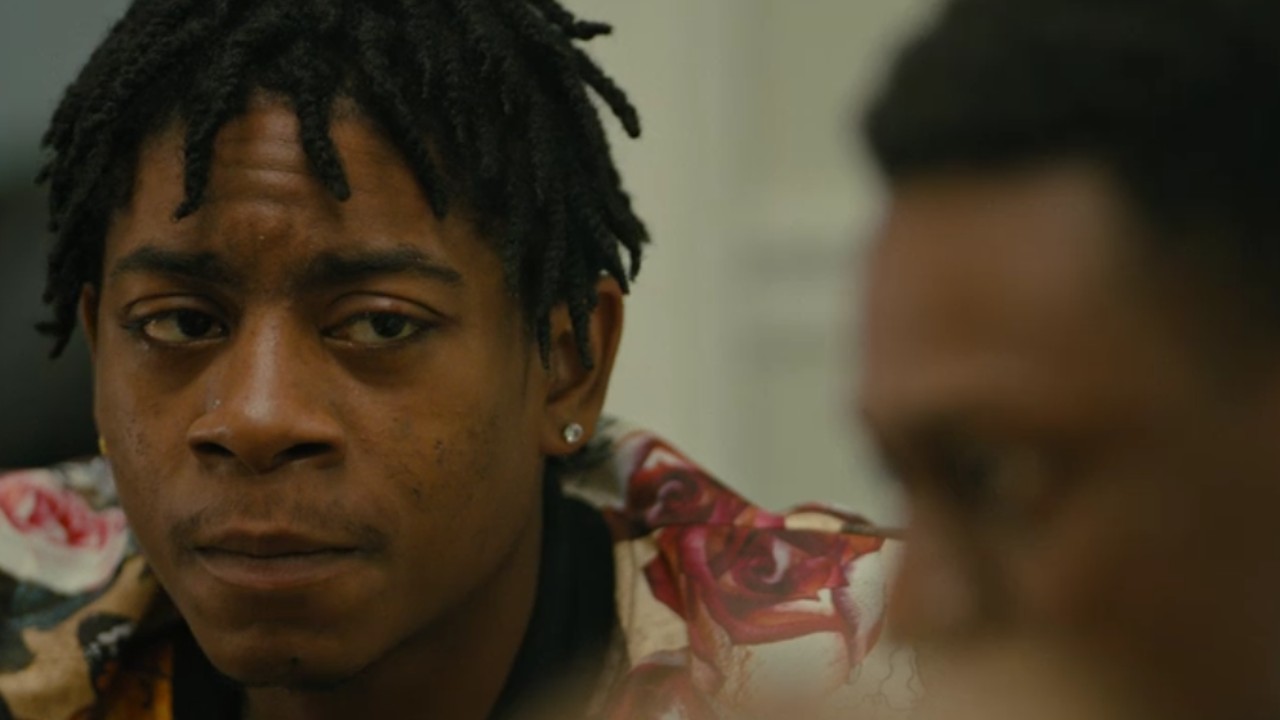
What Kunle’s Final Look Means
The final image of Kunle’s face drives home the message that the Emergency ending is not a happy one. I am sure that many expected Emergency to end with either Kunle or Sean being shot. We’ve seen this ending play out on the screen and in real life too many times. With the tone, premise, and hauntingly realistic nature of Emergency, tragedy seemed to be on the horizon.
Emergency didn’t end in anyone being shot or dead, but it still ended in a traumatic way. Kunle has now been scarred forever from this incident. Now, like Sean, he won’t be in a rush to call 9-1-1 in case of an emergency.
Spike Lee’s Do The Right Thing, Jordan Peele’s Get Out, and many other films about race and social justice showcase the horrors of being a Black or brown person while living in a society often afraid of their very existence. Carey Williams adds a worthy entry into this conversation with Emergency.
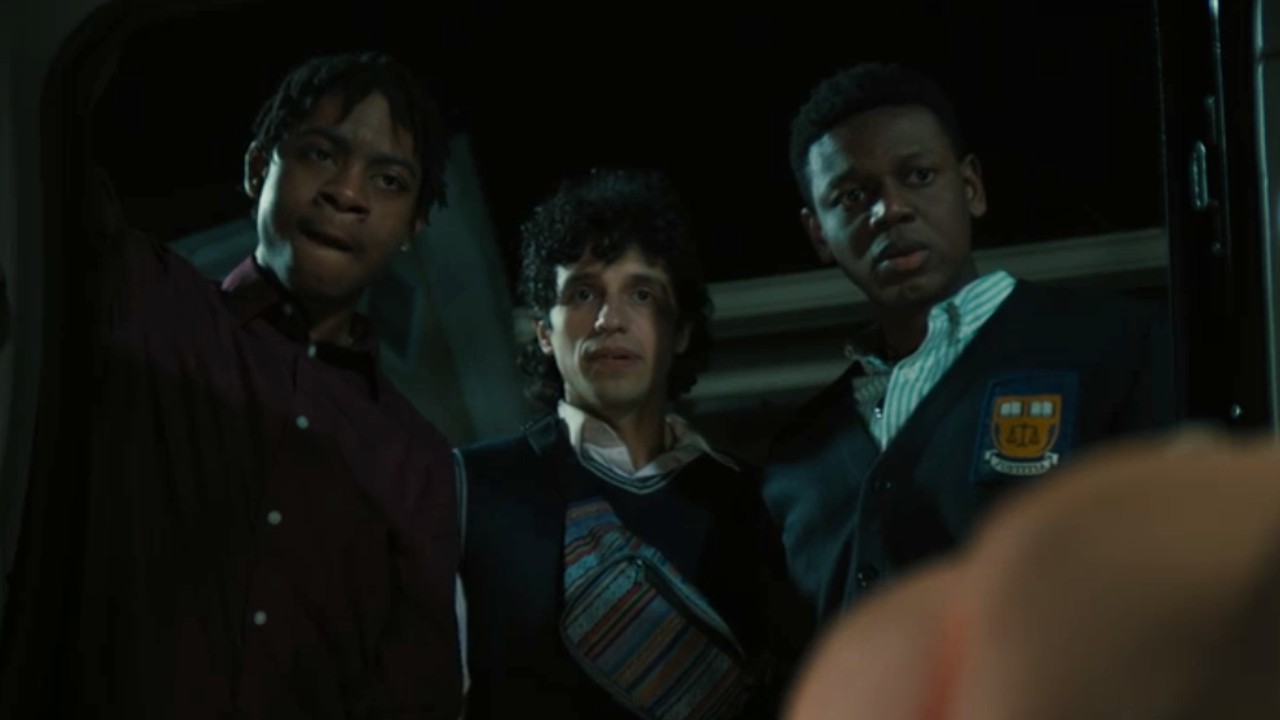
Sean’s Decision To Go Versus Kunle’s Decision To Stay
Sean and Kunle are two young men with very different backgrounds. It's implied that Sean has had a bit of a harder life, and Kunle’s life has been cozier with parents who make a decent living. The men reflect these differences in their personalities, interest, and focus on their future. They also reflect this in how they treat the situation.
Kunle automatically wants to call the police, but Sean fears how it all looks. Throughout the night, Kunle and Sean argue over what to do next. They ultimately make different decisions. I believe that you can argue that there is no right or wrong choice. They both pick what feels right for them. Then they both end up regretting it.
Much of the path to their decisions comes from their history. In an interview with CinemaBlend, Donald Elise Watkins shared this insight on their characters:
Clearly, their life experiences teach them that this situation is dangerous or not life threatening at all. And then being able to figure out what perspective you kind of wanna go through and then kind of see where it goes from there.
This basically sums up why Kunle and Sean make opposite decisions. Sean’s family has had trouble with the law before. He’s seen what can happen when a Black man encounters the police, especially in a situation that could turn potentially deadly. At the start of Emergency, Kunle even shares that he’s never really encountered blatant racism, and all throughout the film, he tries to find an answer for things they encounter that isn’t simple prejudice and racism.
He still wants to keep a positive view of his white peers and neighbors. It isn’t until the end when they find a shared pain that they start to agree.
Emergency asks viewers to think about why there is no right answer in a situation like this, when it should be as simple as calling 9-1-1 to get help. It isn't that easy, because the results aren’t the same for everyone. Williams also told Indiewire this about Emergency:
It needs to be something that’s really going to be impactful, make people not only feel seen but make them think about and question things, I don’t feel like my art ever needs to feel like an answer. It needs to feel like a question and cause debate. Something that people will be like, ‘Oh, I never really thought of that.’ Something that will be lasting.
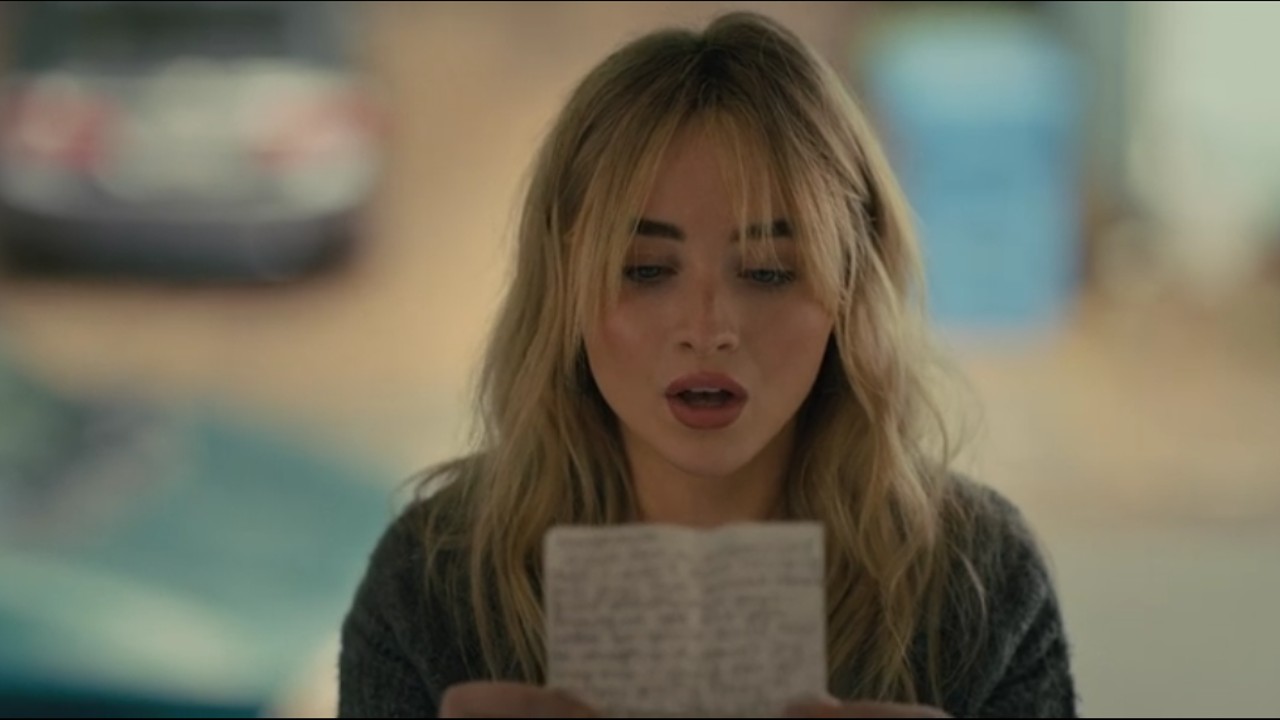
Privilege Is The Villain
Arguably, the Maddy character can be blamed for most of what transpired. She ignores her underage sister for hours. Then she immediately sees Black and brown men and assumes they’re up to no good. You can understand why Maddy would be worried that three strangers are driving around with her barely conscious sister in a van. However, it’s her lack of responsibility that puts everyone in danger. If Kunle, Sean, and Carlos didn’t find Emma, who knows how her story could have ended.
Maddy sort of gets the villain treatment during the Emergency ending, but the movie isn’t painting her as one as much as it is the privilege that she has to be this neglectful without any real consequences. Throughout this film, there are little ways Black and white students have a different experience.
We see it with Kunle and Sean explaining to Bianca about the Hall of Firsts. It doesn’t even cross her mind that being the first Black student to do something would be worthy of note. Then we have how Sean and Kunle are singled out by their professor for their opinions on the n-word. Another time is when Carlos, Kunle, and Sean can’t even really think of any white students that they know. Closer to the end, we see Alice and Emma look at Rafael a little differently when they learn he’s Mexican.
These little incidents and more highlight the vastly different worlds these characters live in because of their race. One of the few things a cop says to Kunle is that he should have just called 9-1-1. That’s easy for this cop to say, because he is afforded the privilege of knowing that someone won’t immediately suspect him of committing a crime because of his skin color.
Emergency is an all-too-real look at how trauma and perspective can make a seemingly simple decision more complicated. You can watch Emergency streaming if you head to Amazon Prime. For more on Emergency read our review and listen to the ReelBlend interview with Carey Williams.
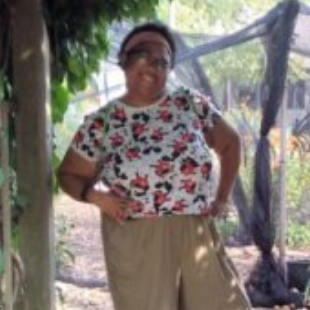
Spent most of my life in various parts of Illinois, including attending college in Evanston. I have been a life long lover of pop culture, especially television, turned that passion into writing about all things entertainment related. When I'm not writing about pop culture, I can be found channeling Gordon Ramsay by kicking people out the kitchen.
